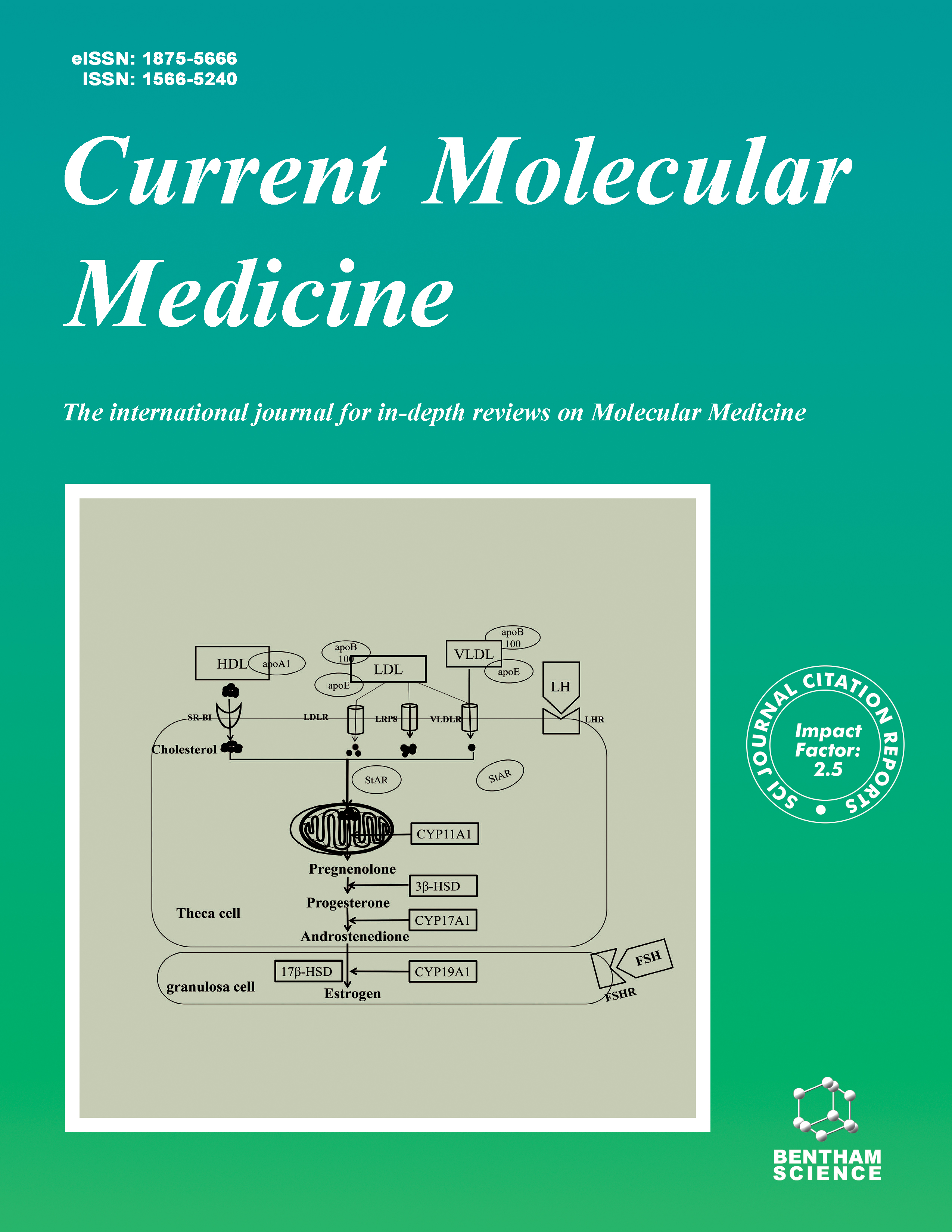
Full text loading...

The prognosis of patients with stage III colorectal cancer (CRC) shows significant variations. The purpose of this study was to investigate the role of key regulatory proteins in glycolysis and lipid metabolism for the prognostic evaluation of stage III CRC patients.
Utilizing the Cancer Genome Atlas (TCGA) database, we analyzed the expression of various key regulatory genes in glycolysis and lipid metabolism pathways in CRC, as well as the relationship between gene expression levels and overall survival. We selected the top two key genes exhibiting differential expression patterns in glycolysis and lipid metabolism, namely, glucose transporter type 1 (GLUT1), pyruvate kinase M2 (PKM2), fatty acid synthase (FASN), and stearoyl-CoA desaturase 1 (SCD1), as targets for subsequent exploration. We analyzed the effects of GLUT1, PKM2, FASN, and SCD1 on the proliferation, migration, and drug sensitivity of CRC cells in vitro. These proteins were detected by immunohistochemistry (IHC) in the clinical tissues of stage III CRC patients. Based on the intensity of IHC staining for GLUT1, PKM2, FASN and SCD1, the cumulative score from these 4 target proteins for each sample was calculated (score range from 0 to 8). The relationships between high (scores of 6-8) or low (scores of 0-5) expression of glycolysis and lipid metabolism molecules and the clinicopathological characteristics, and survival of patients were analyzed.
The expression disparities of the GLUT1, PKM2, FASN, and SCD1 genes were the most prominent between tumor and normal tissues. Overexpression of GLUT1, PKM2, FASN, or SCD1 significantly promoted CRC cell growth and migration, as evidenced by CCK-8, colony formation, and Transwell assays. Exogenous introduction of GLUT1, PKM2, FASN, or SCD1 increased oxaliplatin IC50 values, enhanced cell survival, and reduced early apoptosis in CRC cells exposed to oxaliplatin. High glycolysis and lipid metabolism status were associated with poor tumor differentiation, vascular or nerve invasion, and shorter overall survival. The status of glycolysis and lipid metabolism was an independent prognostic factor for stage III CRC patients.
High glycolysis and lipid metabolism status are correlated with a poor prognosis in patients with stage III colorectal cancer.